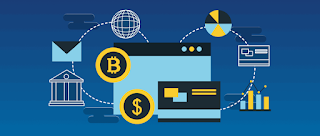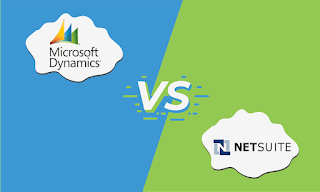Points to consider before building fintech products for mid-market businesses
In today's unpredictable economy, fintechs and financial service providers are increasingly focusing on boosting customer lifetime value, especially by attracting and retaining high-growth, mid-market business clients. However, executing this strategy successfully can be a complex endeavor.
Explored the differences between small businesses and mid-market customers and the challenges associated with developing products for this more discerning segment.
Understanding Your Target Audience
The first step in building a winning fintech product is gaining a deep understanding of your target audience. This is especially crucial when it comes to mid-market customers, as their problems and priorities can differ significantly from those of smaller businesses. Mid-market businesses face unique challenges, often requiring tailored and industry-specific solutions to meet their complex needs at scale.
While products for small businesses are typically generalist, mid-market products need to be specialized to address the specific needs of this discerning segment. Mid-market customers seek expertise and long-term relationships as they transition and scale their businesses. Therefore, it's essential to understand how your product fits into their tech stack and complements their other essential systems throughout their growth stages.
Specialization is Key
Received's approach to building fintech products for the mid-market is to focus on specialization. In mid-market companies, employees concentrate on their specific areas of expertise and dive deep into their specialization. By concentrating exclusively on solving the complicated and unique issues faced by finance teams, Received has developed a comprehensive billing platform trusted by B2B software companies to streamline their contract-to-reconciliation process.
Mid-market businesses are discerning buyers with robust procurement processes. They demand products with advanced features and capabilities that fully align with their unique challenges and requirements.
The Importance of ERP Systems
Mid-market companies place immense value on their ERP (Enterprise Resource Planning) systems. ERP software was considered a critical part of the tech stack for many businesses. Businesses with 100+ employees were more likely to prioritize integrations when assessing new tech platforms. Interoperability ranked as the third-highest purchase driver for their tech stack after cost and functionality.
Integrations with ERP systems are a key consideration when attracting mid-market customers. These systems are central to SMB operations and have extensive modular features tailored to specific business needs, affecting multiple departments and employees. Replacing ERP systems can be a challenging and costly endeavor, making integrations crucial.
The decision to build Custom ERP accounting integrations in-house can be complex. Building in-house integrations can be resource-intensive and technically challenging, given the unique behaviors and extensive databases of different ERP systems. Contact Satva Solutions for help, recognizing our FinTech product development company role as a connectivity solution for building meaningful products for mid-market companies.
Conclusion
Building fintech products for mid-market businesses requires a specialized approach that addresses the unique needs of this segment. Understanding your target audience, focusing on specialization, and offering seamless integrations with ERP systems are key strategies to attract and retain high-growth mid-market clients.
Also, If you're interested in developing robust accounting and ERP Accounting integrations, you can get in touch with our team for more information.



Comments
Post a Comment